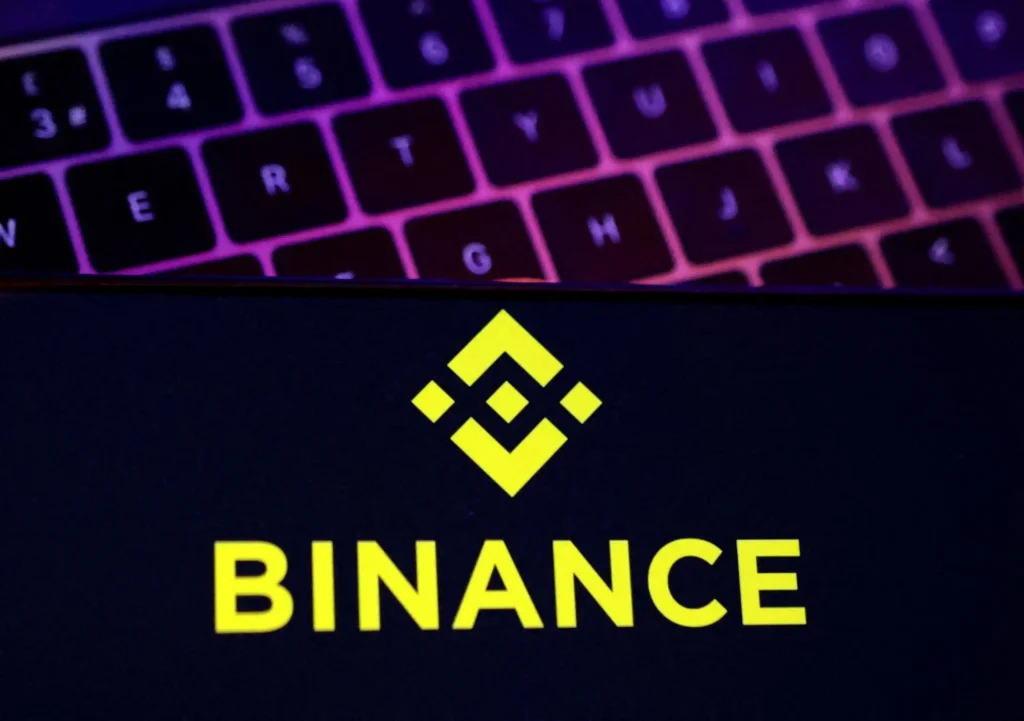A Nigerian court has adjourned the high-profile tax evasion case against Binance, the world’s largest cryptocurrency exchange, until May 12, 2025. This delay follows a request by the country’s tax agency—the Federal Inland Revenue Service (FIRS)—seeking permission to serve legal documents to the offshore crypto company via email. The case marks a critical moment in Nigeria’s intensified crackdown on digital platforms accused of undermining the country’s financial stability.
Court Considers Digital Service as Binance Avoids Traditional Channels
Wednesday’s adjournment comes after weeks of legal back-and-forth over how Binance, which has no physical presence in Nigeria, should be officially served court papers. Earlier in April, Binance asked the court to cancel a prior ruling that allowed the FIRS to serve documents through email. Binance’s lawyers argued that the tax agency had skipped a required legal step by not first obtaining the court’s permission to serve documents outside the country.
At the hearing, FIRS lead counsel Kanu Agabi urged the court to reject Binance’s objection. He argued that email service is both reasonable and necessary because Binance’s true corporate registration remains unclear and its operations are largely virtual. Agabi emphasized that Binance has Nigerian lawyers who can receive court documents on its behalf, reinforcing the argument that legal action should proceed without delay.
Nigeria Demands $81.5 Billion in Taxes and Damages
At the heart of the case is a massive financial claim. According to court filings, the FIRS is demanding $79.5 billion in economic damages that it says Binance’s activities caused, plus an additional $2 billion in unpaid taxes. This brings the total claim to a staggering $81.5 billion—one of the largest ever pursued against a crypto company worldwide.
Nigerian authorities have long blamed Binance for contributing to the weakening of the naira. They claim that the platform’s crypto marketplace allowed users to engage in speculative currency trading, which drove volatility in the foreign exchange market. Earlier this year, the government detained two Binance executives as part of its broader clampdown on platforms suspected of manipulating the local economy.
FIRS Challenges Binance’s Offshore Shield
During the hearing, Agabi highlighted that Binance’s business model allows it to operate extensively in Nigeria without having a registered local office. He said the company’s “significant economic presence” through online cryptocurrency transactions makes it subject to Nigerian regulations. Agabi argued that Binance’s refusal to reveal its true corporate registration made traditional methods of serving legal documents nearly impossible.
On the other hand, Binance’s lead counsel, Chukwuka Ikwuazom, maintained that the court should dismiss the FIRS’s attempts to serve papers by email. He claimed that the tax agency had not followed proper legal procedure and failed to secure the necessary approval to serve documents to an entity based outside Nigeria.
Crypto Regulation Tightens as Binance Faces Mounting Pressure
This court battle is part of Nigeria’s broader effort to bring crypto companies under stricter regulatory control. In recent years, the government has taken a more aggressive approach to digital asset platforms, citing risks such as tax evasion, money laundering, and threats to national monetary policy. The arrest of Binance executives in 2024 signaled a serious shift in enforcement.
While Binance has not issued a formal response to the current tax evasion allegations, it previously stated that it is working with Nigerian authorities to resolve what it calls “historic tax issues.” However, it has denied ever receiving a request from Nigerian regulators to provide data or make payments related to alleged financial damage.
Next Steps: Hearing Resumes on May 12
With the next court hearing set for May 12, legal experts say the outcome could shape how Nigeria—and possibly other African countries—regulate powerful tech platforms operating beyond their borders. If the court allows email-based summons to move forward, it could pave the way for future legal action against offshore companies that do business locally but avoid physical registration.
Until then, the FIRS continues to push for accountability from Binance, arguing that economic activity—whether digital or physical—must comply with national tax laws. The case not only tests Nigeria’s ability to regulate global crypto giants but also highlights the growing tension between digital finance and sovereign economic control.












